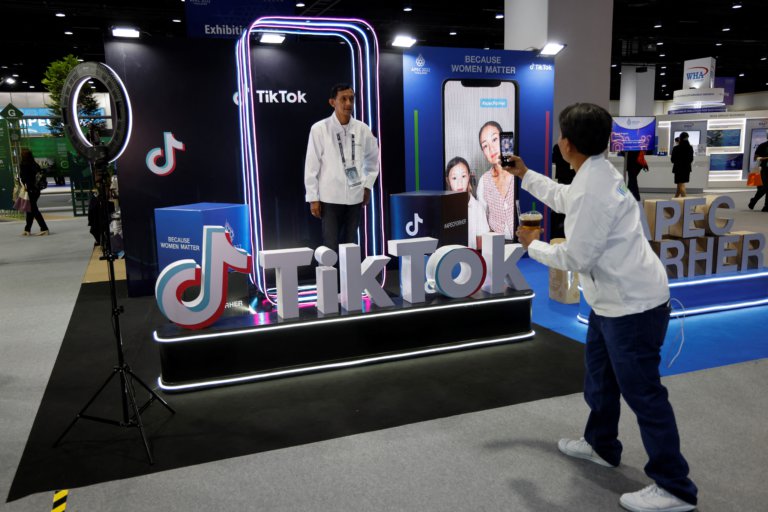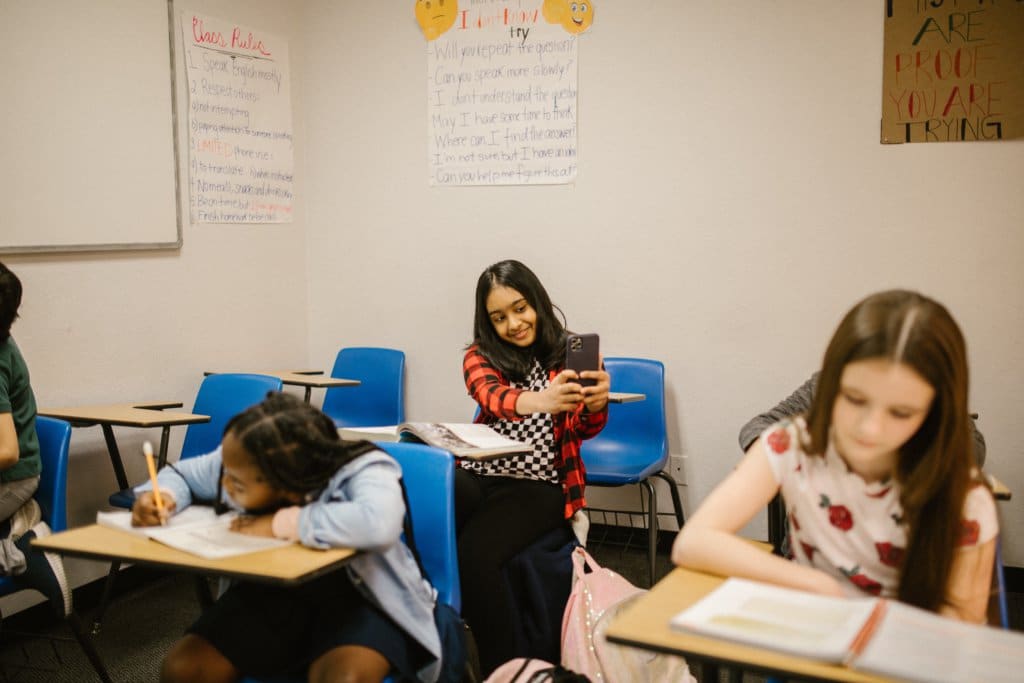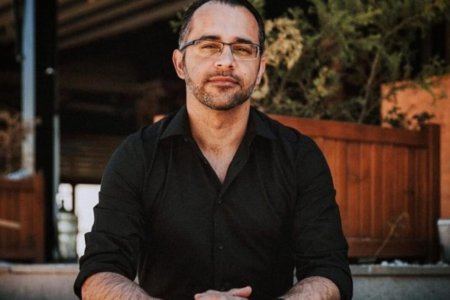
“Is TikTok safe for children and adolescents?”
For many parents, this is a loaded question. TikTok is one of the most widely-used apps in the world — it currently has over one billion users. It’s immensely popular among teens and young adults for its unique features.
This includes its For You algorithm, which accurately predicts what kind of content individual users are interested in, as well as an endless scrolling feature that keeps them hooked.
To a young teen, being on TikTok is as important as maintaining the right social groups in school. It’s on TikTok that new trends are formed, celebrities interact more personally with fans and content around fashion, education, and self-help are shared. Most appealing is its more accessible chance to gain influence and fame — all from the confines of one’s bedroom.
Still, the app has come under fire for many reasons. Most of it boils down to its blurred privacy policy.
This has large implications for national security, as well. Just last year, ByteDance — TikTok’s parent company — was found to have improperly accessed the data of US citizens as part of an investigation. It’s why coutries like the US are thinking of imposing a ban.
Still, access to social media apps such as TikTok is a huge part of teen life these days. It allows them to build social networks and encourages self-expression. For teens who feel excluded or experience disabilities, such apps can provide valuable support.
So — is TikTok safe for students to use, and if so, how old should they be? We delve into this below.

TikTok has propelled many young adults and teens to fame, including Alexander Stewart, Stacey Ryan, and Jessia. Source: Tommaso Boddi/AFP
What does TikTok’s privacy policy look like?
Privacy policies are usually documents that most smartphone users skim through, eager to get the technical stuff out of the way to start using an app. We assume that they all run along the same lines: that the personal data collected will not be used outside the confines of the app.
The TikTok privacy policy itself is immense, but a quick browse shows that it uses and processes:
- The personal information you surrender when creating an account, including your profile picture, contact details and date of birth
- The device you use to access TikTok, your app and file names and types, keystroke settings and more
- Information about your location, IP address, time zone settings and more
- Information from third-party apps. This can include “websites you’ve visited, apps you’ve downloaded and purchases you have made”
- The content you upload, including your saved drafts.
In a gist, what you should know is:
TikTok collects and processes all content and information you log into the app. This “includes technical and behavioural information”. Those who don’t make an account are not exempt, either — as long as you download and interact with TikTok, your information will be collected.
TikTok shares your information with third-party services and business partners. This is to “improve and develop the Platform” and “ensure your safety”, but there’s no knowing who has access to your information at any given time.
The app has a different privacy policy for children under the age of 13, though this is only limited to those residing in the US. It’s certainly more reassuring than the app’s normal settings; for example, TikTok won’t sell information about children to third-party users. Still, it will collect information about the device used, IP address and other location-identifying information.
Much of this explains the app’s scarily accurate For You page — giving students exactly what they want to see. The downside to this is a steep slope that can lead to social media addiction and — more worryingly — propagate the spread of disinformation.
Is TikTok safe for children below the age of 18?
Is TikTok safe, then?
Generally speaking, TikTok is about as dangerous as any other social media platform. There’s always a chance that children will be exposed to unsafe content, potential scams or catfishing.
It’s extremely difficult, bordering impossible, to control the content seen by students — but they’ll face the same risks on Instagram, or simply by browsing the web.

A TikTok office in California. More US politicians are pushing for the company to set up bases in America, where practices around data use can be more easily regulated. Source: Mario Tama/AFP
What sets TikTok apart is the implications of its use of personal data and sensitive information. Mostly, this is sold to private companies — who use it to target ads, personalise a user’s experience online and sell products.
However, there are concerns as to how this data can be handled should such a practice go unregulated. There have been no major scandals as of yet, but there’s no telling how the data you surrender will be used and by whom.
This is part of a larger concern around Big Tech and its abuse of privacy. It’s becoming more common to hear stories about the mishandling of personal information and surveillance companies, for example. TikTok could potentially present the same threat.
Another major concern is the app’s potential to sway public opinion or push content for propaganda. For students who are in the midst of their development, this can present a major threat.
Should I ban my child from using TikTok?
There are many — understandable — reasons why parents may ask questions such as, “Is TikTok safe for my child to use?” The fact of the matter is this: denying a child access to social media platforms may be counterproductive and can even do more harm than good.
Social media users are getting younger by the day. In the US, students between the age of 10 to 19 make up the largest user base on TikTok. This means that preventing them from having a TikTok account, no matter how well-intentioned, will result in some form of exclusion.
Older children, especially, are unlikely to respond well to this. Many will end up using such apps without their parents’ knowledge or consent. Teens still need an adult’s insight when navigating online spaces — making them hide their use of TikTok from you may balloon into a bigger problem down the road.
More than that, children have a right to be online, which the UN states is important for “realising the full range of their civil, political, cultural, economic and social rights.” Taking away their access to social media, in this sense, will vastly affect their self-development — much of which, in today’s modern society, is meant to take place online.

10 to 19-year-olds make up the largest TikTok user base. Source: RODNAE Productions/Pexels
How old should students be to use TikTok?
Most social media platforms will require their users to be 13 at the minimum — a rule set by a 1998 US legislation which prohibits the collection of children’s personal data without parental consent.
This has become a benchmark of sorts — and one that has legitimate backing. It is at this age that they begin to have a more concrete thinking style that’s suited for more mature topics. Thirteen-year-olds also start to think more abstractly — developing their own ideas on faith and trust, for example.
Still, it’s important to remember that 13-year-olds are still deeply vulnerable to influence — a natural result, as their brains are still developing. Children who tend to display signs of insecurity, for example, may experience low-self esteem as a result of using social media. Others may suffer from an inability to concentrate on their studies.
Is TikTok safe for these students? Not necessarily. But this doesn’t change the fact that students and children have a right to navigate these spaces.
The best thing that parents can do, then, is to keep an open conversation around the topic of social media apps such as TikTok. Educate your child about the dangers of giving up personal data. Ensure them that they can safely use TikTok around you without the risk of having their access revoked.
Is TikTok safe? Perhaps not. But students will be using TikTok, regardless of whether it’s safe or not.










